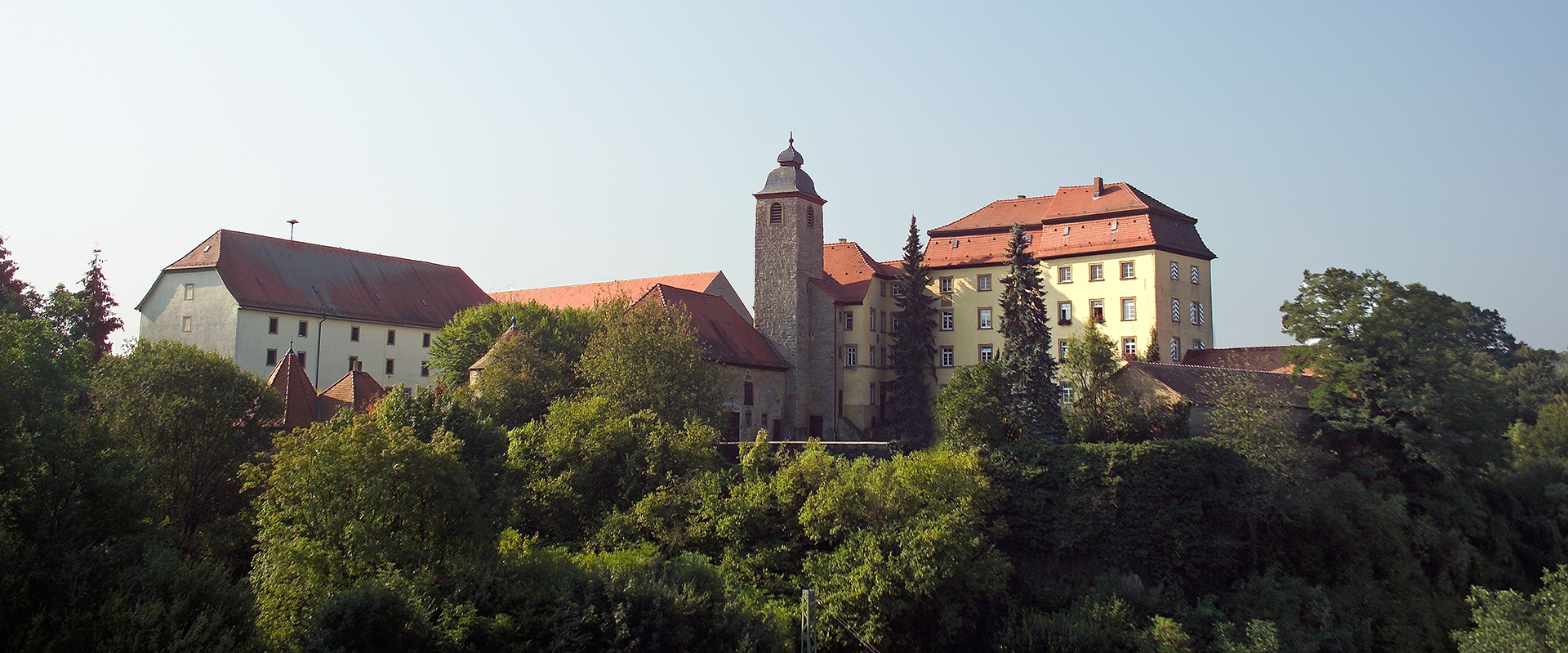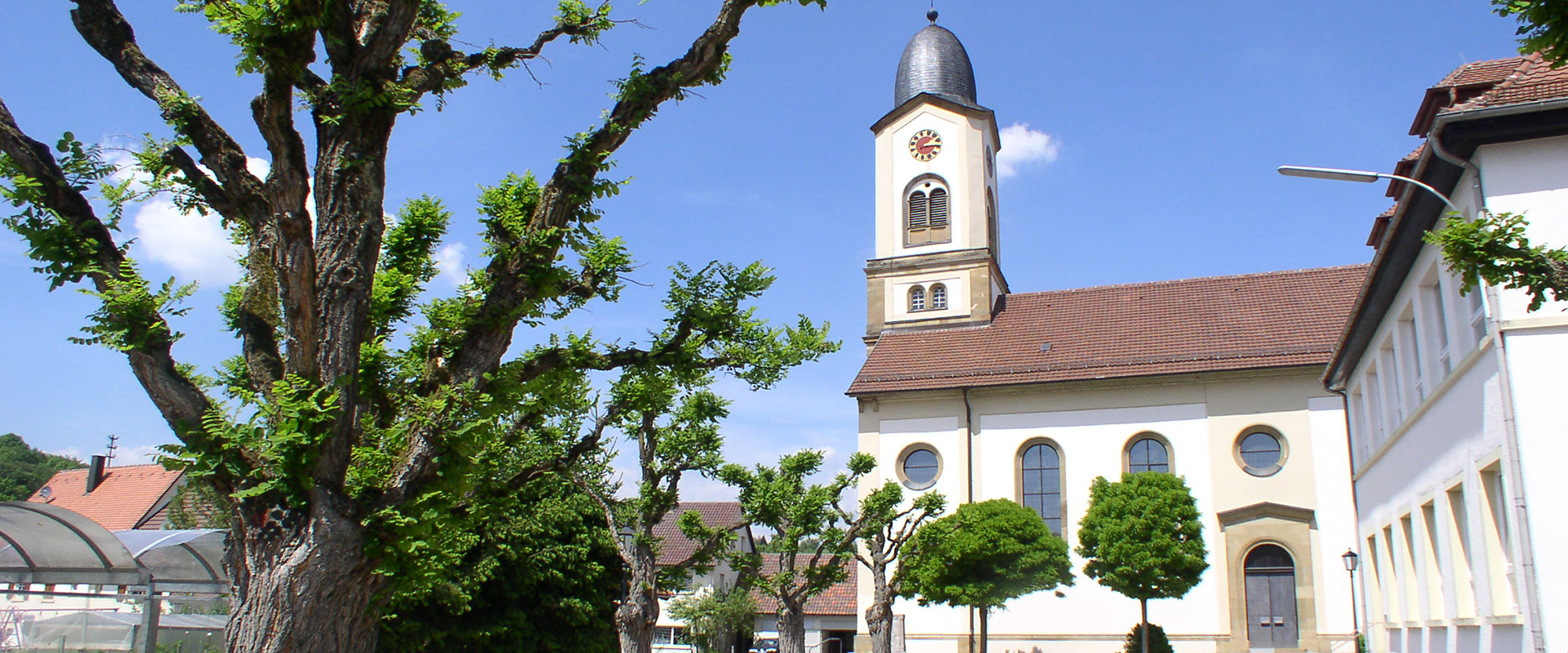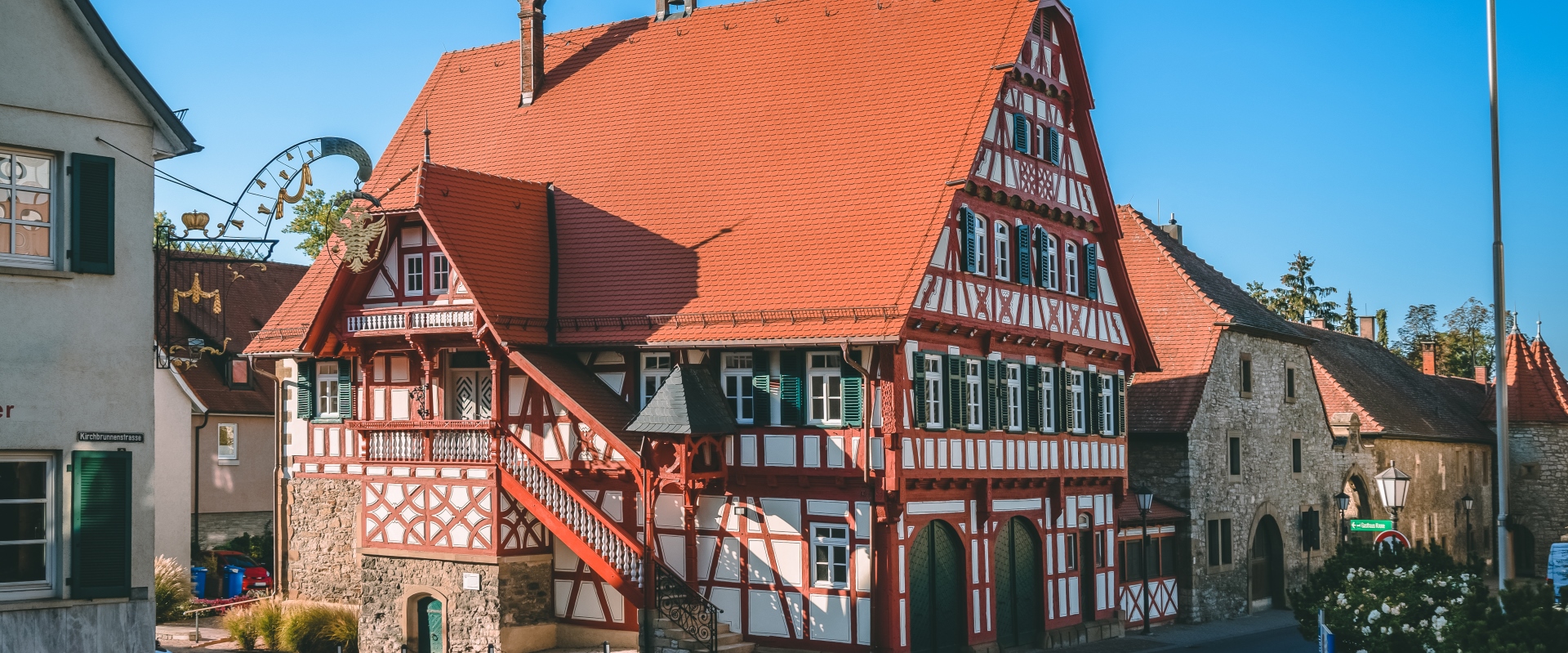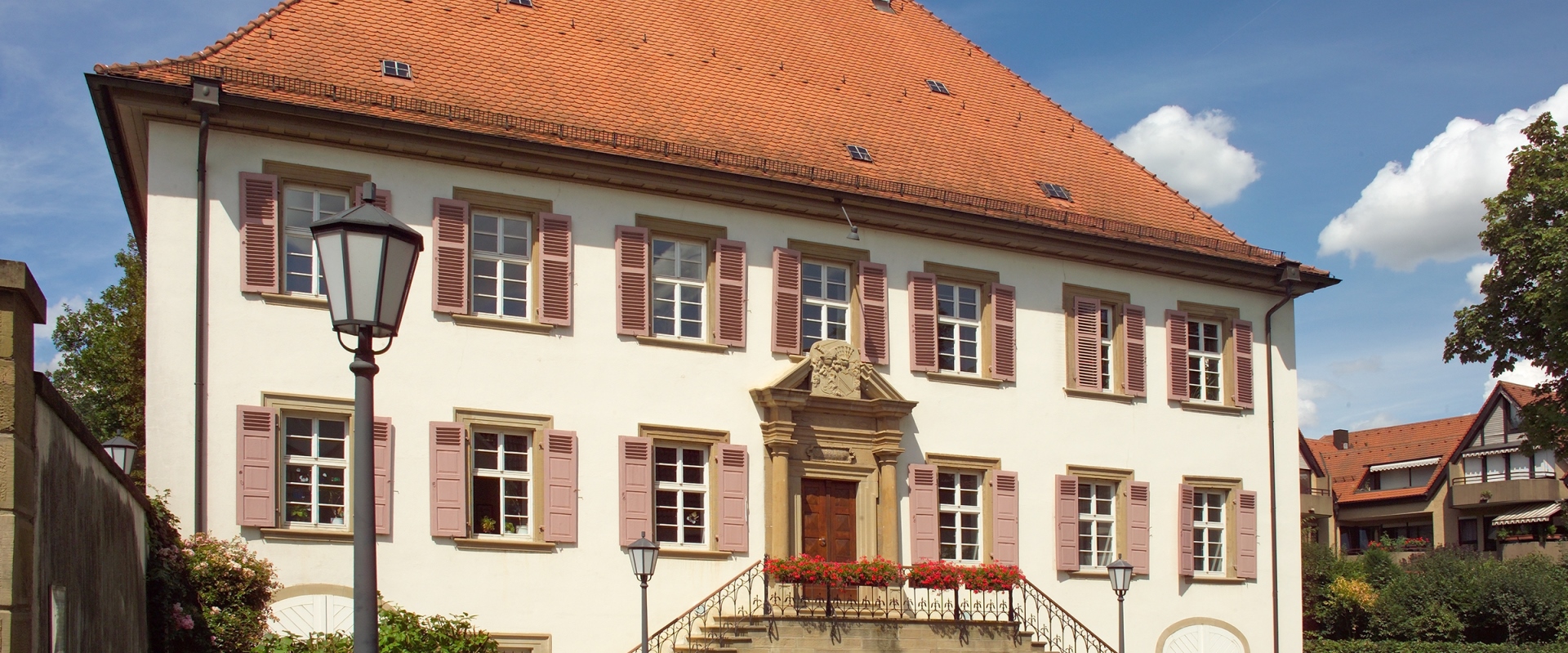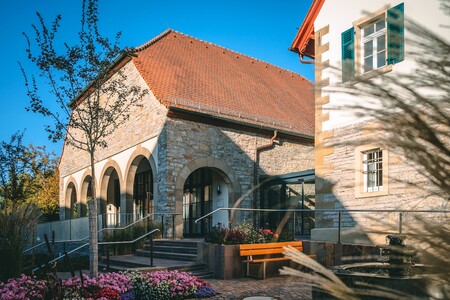This historic *Kelter* (wine press building) served as a food storage facility for the Kochendorf subcamp of the Natzweiler concentration camp. Managed by the *Organisation Todt* (OT), this building housed supplies intended for forced laborers. The *Organisation Todt* was a paramilitary state construction agency responsible for building and repairing critical wartime infrastructure such as bunkers and bridges during World War II. In October 1944, the OT was tasked by the Ministry of Armaments with converting the Kochendorf salt mine into an armaments factory—a project code-named "Eisbär." This included overseeing the establishment of the subcamp and providing forced labor for construction.
The OT handled the construction of barracks and the supply of provisions for the forced laborers, while security was managed by the SS. At its peak in March 1945, the Kochendorf subcamp required daily provisions for 1,500 prisoners and 70 to 80 SS guards. Supplies were temporarily stored in the *Kelter* and transported to the camp by truck.
Before the war, the *Kelter* served as a gymnasium. Its role as a food depot during the war is documented thanks to the testimonies of former concentration camp prisoners and local witnesses. Political prisoner Willy Stegemann submitted written testimony in 1947 to the War Crimes Tribunal in Rastatt, detailing corrupt practices by OT officials in Kochendorf. He mentioned the *Kelter* as a storage facility in his statement, which was preserved in a French archive. Similarly, another political prisoner, Willi Heimig, referred to the "OT food storage facility in Kochendorf, located in the local gymnasium" in his report to the tribunal.
A third source is the recollection of a local boy who was 12 years old during the war. He frequently observed prisoners baking bread in two bakeries in Kochendorf’s town center. According to his account, the loaves were counted and then transported to the *Kelter*, where they were stored before distribution.
Today, the”Kelter” stands as a reminder of its dark history during the war, when it played a crucial role in the logistics of forced labor and survival for the prisoners of the Kochendorf subcamp.


